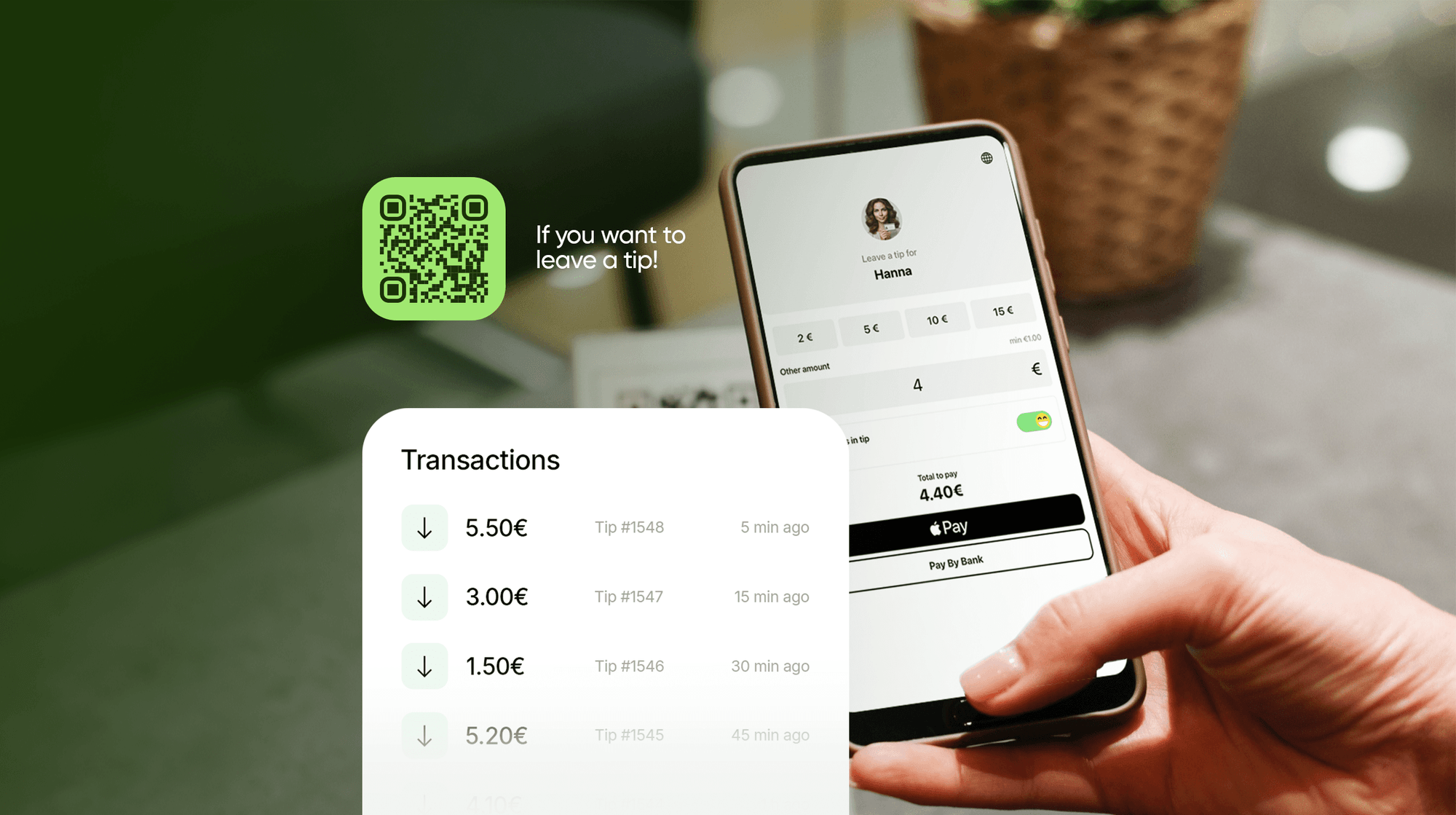How the Cashless Tip Market is Developing Globally
In recent years, the global economy has been undergoing a significant transformation, with digital payments rapidly replacing cash transactions. This shift is profoundly affecting various sectors, including the service industry, where tipping has traditionally been a cash-based practice. As more consumers embrace cashless transactions, the cashless tip market is emerging as a vital component of the service economy. This article explores how this market is developing globally and highlights the benefits and challenges it presents.
The Rise of Cashless Transactions
The increasing adoption of digital payment methods, such as credit and debit cards, mobile payment apps, and contactless payments, is driving the growth of the cashless economy. This trend is particularly pronounced in regions with high levels of smartphone penetration and robust digital infrastructure. Countries like Sweden, the United Kingdom, and China are leading the charge towards a cashless society, with a significant portion of transactions now conducted electronically.
Impact on the Service Industry
For the service industry, the transition to cashless transactions presents both opportunities and challenges. On one hand, it offers a more convenient and secure way for customers to leave tips, enhancing their overall experience. On the other hand, service providers may face difficulties adapting to new technologies and ensuring they receive their fair share of tips in a cashless environment.
Innovative Solutions in the Cashless Tip Market
To address these challenges, several innovative solutions are emerging globally. Platforms like Tuker, TipTap, and Bravo are pioneering cashless tipping technologies, enabling customers to tip service providers seamlessly through their smartphones or other digital devices. These platforms typically offer features such as QR code scanning, NFC technology, and integration with popular payment apps, making the tipping process quick and hassle-free.
Benefits of Cashless Tipping
The benefits of cashless tipping are manifold. For customers, it eliminates the need to carry cash and provides a convenient way to show appreciation for good service. For service providers, it ensures a steady flow of tips, reduces the risk of theft, and offers greater transparency and accountability. Additionally, cashless tipping platforms often provide valuable data insights that can help businesses improve their service quality and customer satisfaction.
Challenges and Considerations
Despite the many advantages, the transition to cashless tipping is not without challenges. Privacy concerns, transaction fees, and the digital divide are some of the issues that need to be addressed. Ensuring that all service providers, regardless of their tech-savviness, can easily adopt and benefit from cashless tipping platforms is crucial for the market’s continued growth and success.
The Future of Cashless Tipping
As digital payments become increasingly ubiquitous, the cashless tip market is poised for significant expansion. Innovations in fintech, coupled with changing consumer preferences, will drive further adoption of cashless tipping solutions worldwide. The key to success will lie in developing user-friendly, secure, and inclusive platforms that cater to the diverse needs of both customers and service providers.
Discover Tuker: Your Solution for Cashless Tipping
As the cashless tip market continues to evolve, Tuker stands at the forefront, offering a cutting-edge solution designed to enhance the service culture in Estonia and beyond. Tuker provides a fast and convenient way to tip without cash, ensuring that service providers receive their earnings promptly and securely. Whether you’re in a restaurant, museum, or beauty salon, Tuker makes it easy to show your appreciation for excellent service. Join the cashless tipping revolution with Tuker and experience the future of gratuity today!














